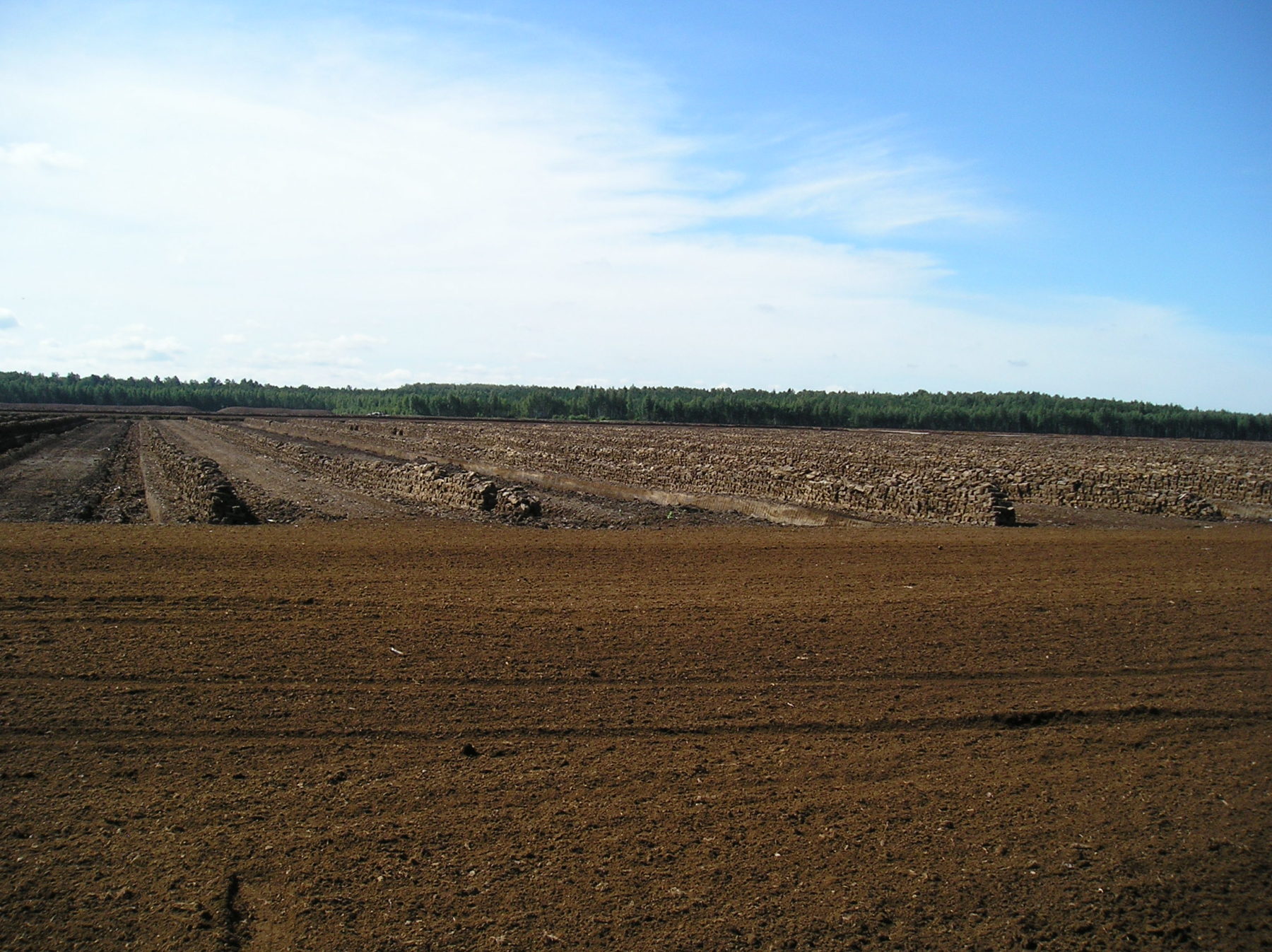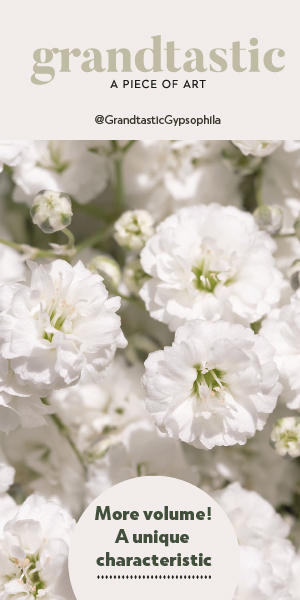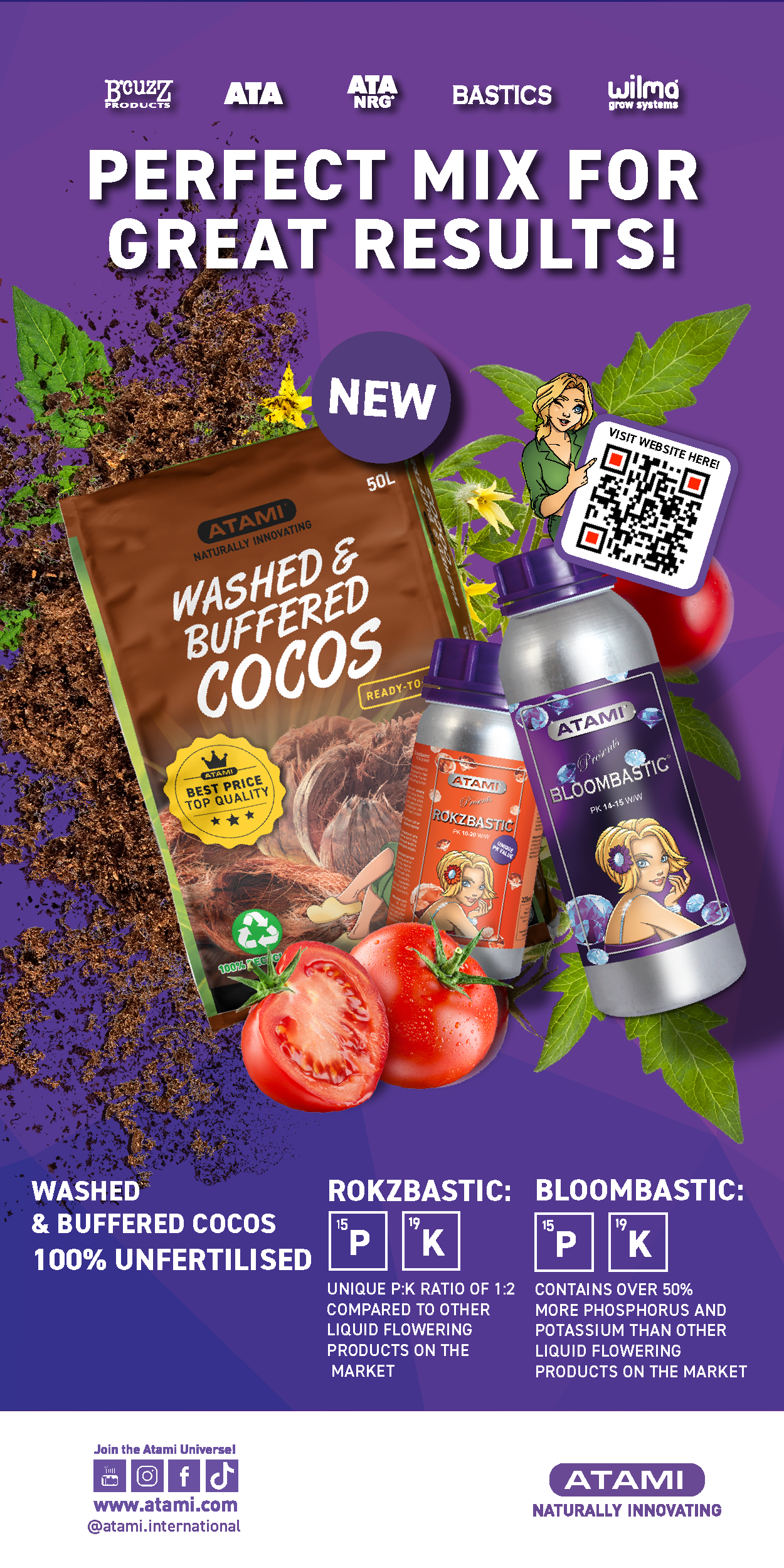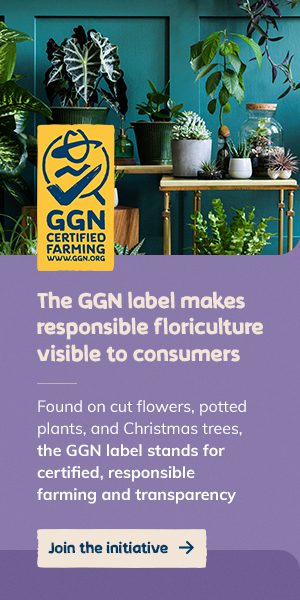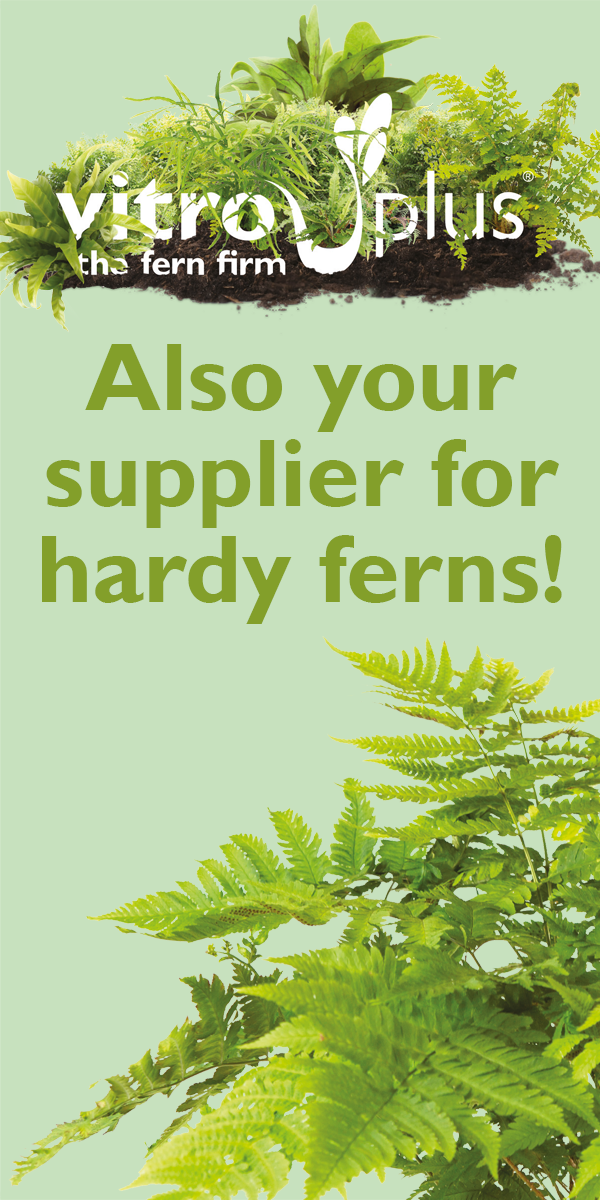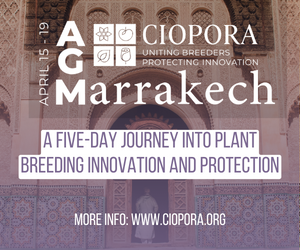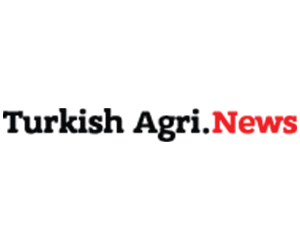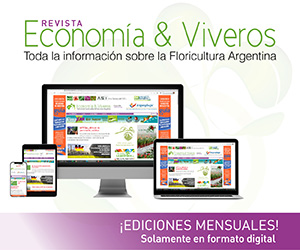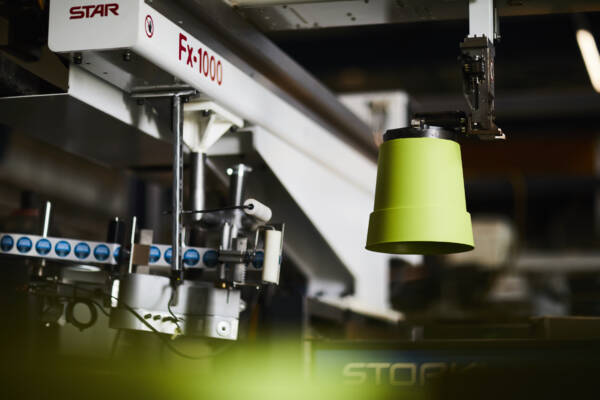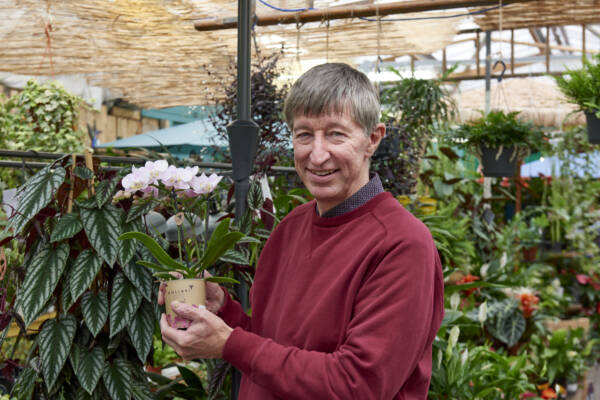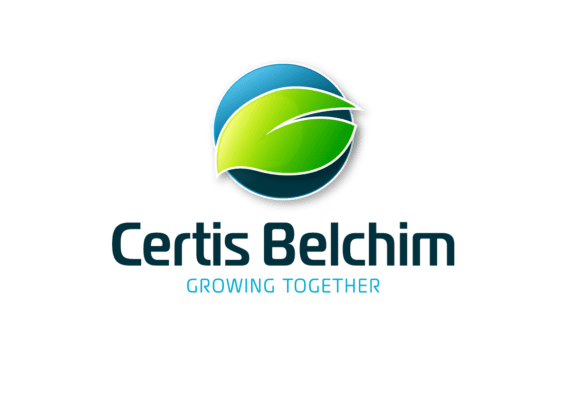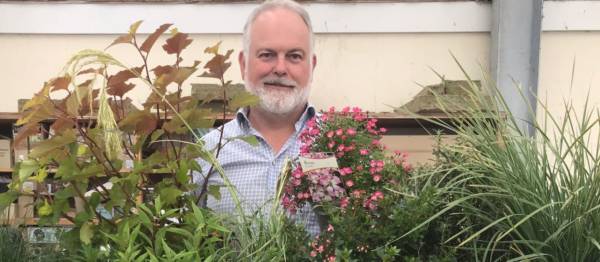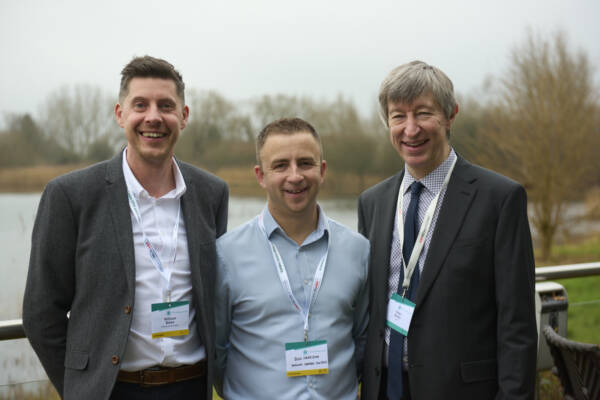DIDCOT, UK: The horticulture industry and government have welcomed data that shows further decreases in the percentage of peat used in growing media, acknowledging its importance to the sector’s ability to deliver vital plants and trees into UK ornamental horticulture.
For the first time since the data has been recorded, it shows the amount of peat contained in growing media is less than 50 per cent.
A new report shows that between 2015 and 2019 the amount of peat contained in growing media decreased from almost 53 per cent to 41.5 per cent in the consumer sector, with the professional sector showing a marginal reduction (63.9 per cent to 62.9 per cent) . Overall, this represents a total reduction from 56 per cent to 47 per cent respectively.
The Growing Media Monitor report provides the results of the 2020 study, funded by Growing Media Association (GMA)/Horticulture Trades Association (HTA), the Department for Environment, Food and Rural Affairs (Defra) and the Agriculture and Horticulture Development Board (AHDB) and shows trends in the composition of UK growing media supplied 2011 to 2019.
As a sector, horticulture is committed to working with government and others on finding responsible ways to achieve the mutual goals within the 25-year Environment Plan. Peat reduction is one aspect of this and a complex area which requires action on several fronts to make further progress.
Chairman of the Growing Media Association, Neil Bragg, said: “The essential requirement for growing media within horticulture means that the industry fully understands the need to address issues around its composition and is committed to working with others to navigate the complexities of doing so.
“Monitoring is only one aspect, alongside finding ways to promote responsibly sourced products to consumers and being part of the discussions about the pros and cons of the various peat alternatives.
“Being part of the wider collaborative effort on this – manufacturers investing in innovative ways to change the formulation of growing media and retailers changing their buying policies, for example – have helped drive these encouraging developments in peat-use in the consumer sector and is what will ensure progress continues to be made.”
Wayne Brough, Knowledge Exchange Manager at AHDB comments: “Continued access to high quality growing media is essential for the horticultural industry and AHDB, Defra and industry have invested over £1 million in a recently completed project to provide the necessary applied science to help underpin the development and management of alternative growing media. Over a period of five years, 100 commercial trials examined 213 different growing media blends and via a programme of 12 industry workshops built up the skills base essential for growers to effectively manage new growing media. Future regional events are planned to generate further confidence within the industry”.
Environment Minister Rebecca Pow said, “I welcome this new data which shows the investment that the growing media manufacturers and retailers have made in peat replacements is starting to feed into the market.
“We are absolutely committed to phasing out the use of peat in horticultural products in England and want this transition to be as seamless as possible for the industry.
“We will continue to work with the industry to accelerate progress and will be setting out our proposals in our forthcoming England Peat Strategy.”
Across the sector, stakeholders want to work together and with Government to take a responsible approach to making further changes. To help identify what action is required, the GMA/HTA commissioned independent academic research on the subject.
Academics from the Research Centre for Business in Society at Coventry University made several recommendations for moving the industry forward in a report published last month. Their research reviewed the growing media industry, its sustainability, and analysed how the area needs to develop to become more sustainable.
Alongside suggestions for industry around better labelling and information for consumers, the continued research into availability of alternatives, including within the composting sector and phasing out peat in the retail sector, the report calls for government support.
Dr David Bek of Coventry University said: “It will be difficult for the growing media industry to continue its ongoing transition towards a peat-free future without shifts within the UK national policy framework. Wood-based growing media is currently rendered less competitive by the incentives available for using wood biomass for heat and power generation. Whilst green waste collection systems around the UK need to be harmonised to improve the quality and availability of green compost that is being produced. These are significant blockages which need to be tackled with some urgency.”
Neil Bragg added: “The latest data from the monitor report combined with the recommendations of the team at Coventry University gives us an excellent insight into the areas where we need to focus. We will now be considering how to prioritise these different workstreams and which stakeholders are best placed to take things forward.
“We’re in a good position for putting some of the necessary changes into place for the next season and will be aiming to see positive evidence of the impact this will have.”























